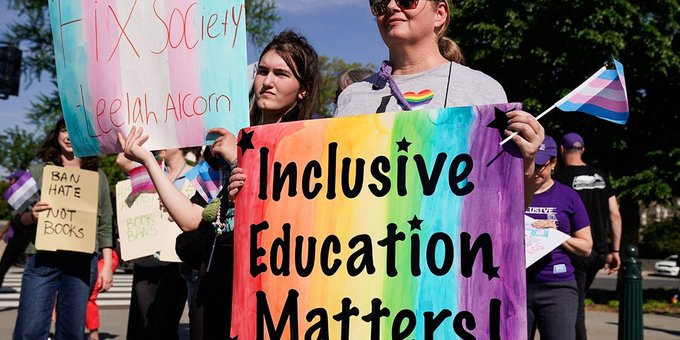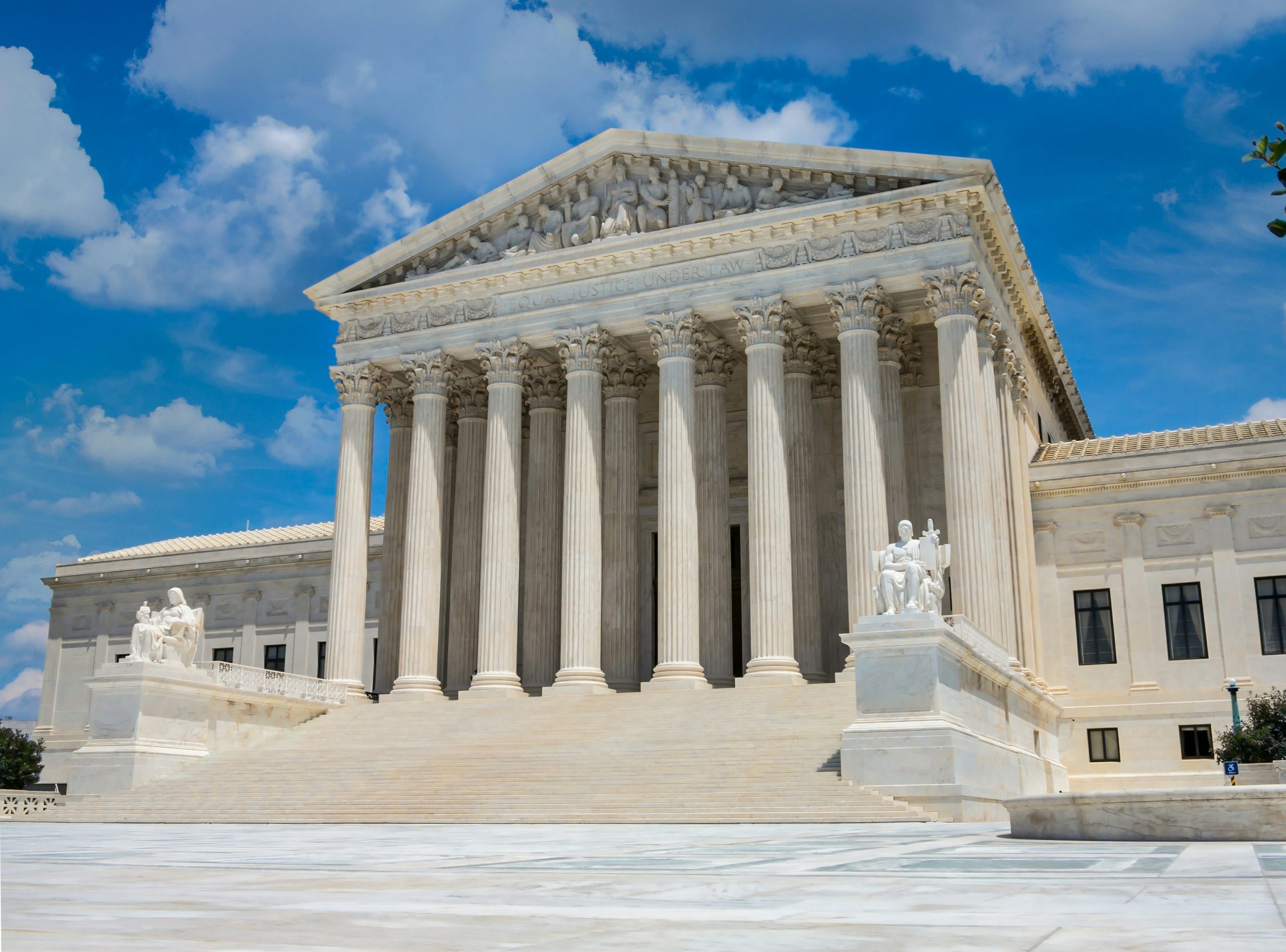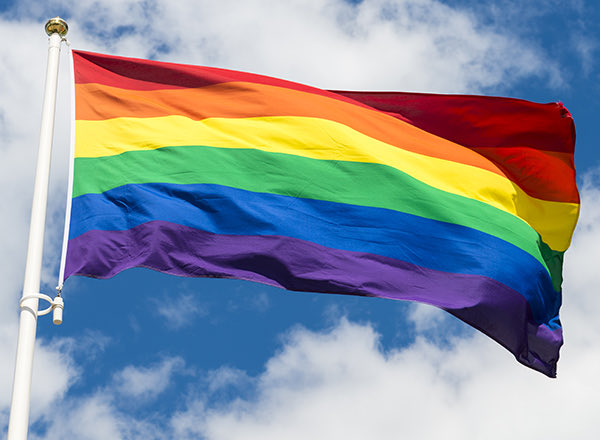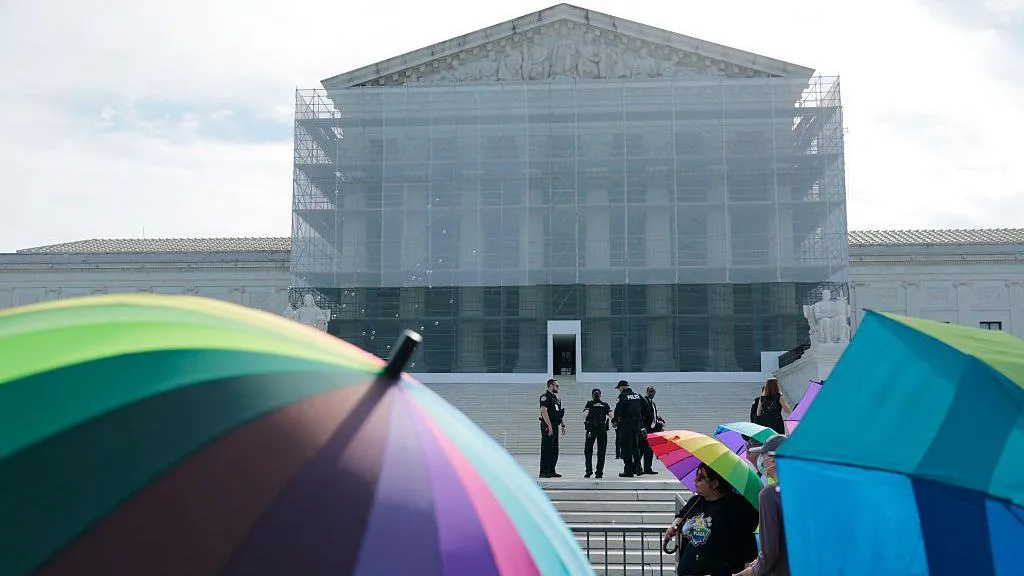In a landmark decision on June 27, 2025, the United States Supreme Court ruled that public schools must allow parents to opt their children out of lessons featuring LGBTQ-themed storybooks if those lessons conflict with the parents’ religious beliefs. The 6-3 decision, split along ideological lines, marks a significant expansion of religious liberty protections and has ignited a national debate about the boundaries of religious freedom, public education, and LGBTQ inclusion.

Background of the Case
The case originated in Montgomery County, Maryland, one of the most religiously diverse school districts in the country. In 2022, the Montgomery County Public Schools updated its elementary curriculum to include several storybooks featuring LGBTQ characters and themes. Titles such as “Pride Puppy,” “Love, Violet,” “Born Ready,” and “Uncle Bobby’s Wedding” were introduced to better reflect the diversity of the community. Initially, the district allowed parents to receive advance notice and opt their children out of lessons involving these books. However, this opt-out policy was rescinded in the 2023-2024 school year, with school officials citing administrative difficulties and concerns over increased absenteeism and potential stigmatization of students who identify with the stories.
A coalition of parents from Muslim, Christian, Jewish, and other faith backgrounds filed suit, arguing that the mandatory inclusion of LGBTQ-themed materials in the curriculum violated their First Amendment right to freely exercise their religion by forcing their children to participate in lessons that conflicted with their beliefs.

The Supreme Court’s Ruling
The Supreme Court’s conservative majority sided with the parents, granting them a preliminary injunction and finding that they were likely to succeed in their claim that the school district’s policy imposed an unconstitutional burden on their religious exercise. Justice Samuel Alito, writing for the majority, emphasized that the parents’ right to direct the religious upbringing of their children is well-established and that the school’s refusal to allow opt-outs “substantially interferes with the religious development of petitioners’ children.” He noted that the storybooks in question were “unmistakably normative,” designed to present certain values as things to be celebrated and contrary values as things to be rejected.

The ruling requires the school district to notify parents in advance when LGBTQ-themed books will be discussed and to allow parents to withdraw their children from those lessons while the case continues in lower courts.
Dissent and Concerns
The three liberal justices dissented sharply. Justice Sonia Sotomayor, joined by Justices Elena Kagan and Ketanji Brown Jackson, warned that the decision could lead to “chaos for this nation’s public schools”. She argued that requiring schools to provide advance notice and opt-out opportunities for any lesson that might touch on a parent’s religious beliefs would create unmanageable administrative burdens and could harm students’ educational experiences through increased classroom disruptions and absenteeism. Sotomayor also cautioned that the ruling could embolden challenges to a wide range of curricular topics, from evolution to civil rights, if parents claim religious objections.
Broader Implications
This decision continues a recent trend in which the Supreme Court has prioritized religious liberty claims, sometimes at the expense of other principles such as LGBTQ rights and the autonomy of local school boards. Supporters of the ruling, including conservative and religious liberty advocates, hailed it as a victory for parental rights and religious freedom. President Donald Trump praised the decision, calling it “a tremendous victory for parents”.
Opponents, including LGBTQ advocates and many educators, fear that the ruling could lead to increased censorship of school materials and undermine efforts to foster inclusivity and respect for diversity in public education. There is also concern that the ruling could set a precedent for further opt-outs on other controversial topics, complicating the administration of public schools and potentially eroding the principle of a shared civic education.
Conclusion
The Supreme Court’s decision to allow parents to opt out of lessons with LGBTQ books on religious grounds is a watershed moment in the ongoing debate over religious freedom, parental rights, and LGBTQ inclusion in American public schools. As the case returns to lower courts for further proceedings, school districts across the nation are likely to face new legal and administrative challenges as they navigate the competing demands of religious liberty and educational inclusion.

